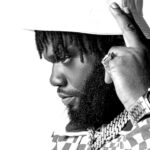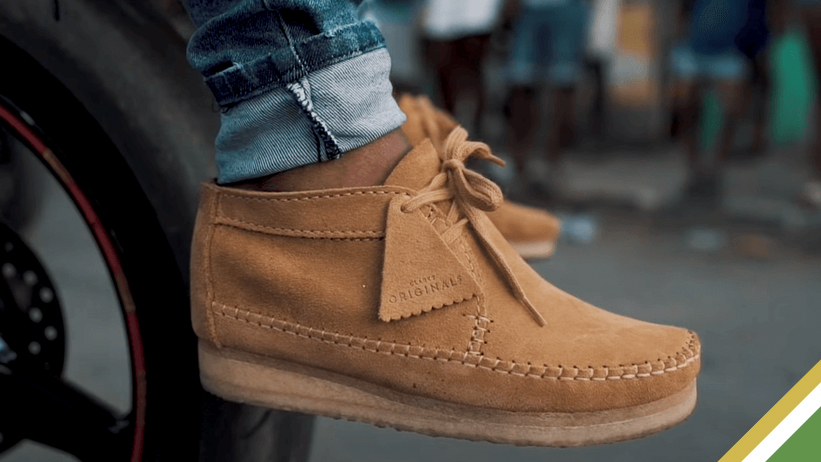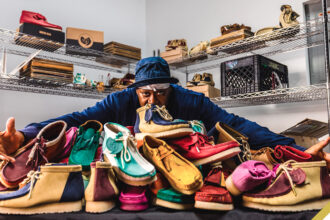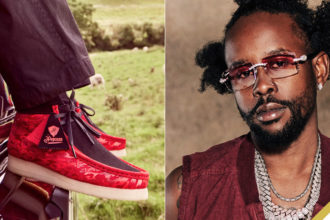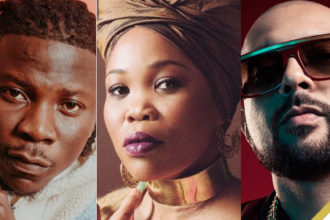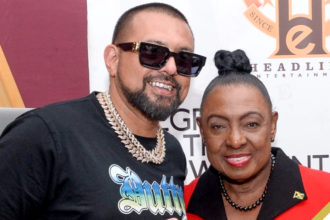Clarks shoes have become a significant cultural symbol in Jamaica, adored by rudeboys and celebrated in reggae and dancehall music. Despite a ban on foreign-made shoes in the 1970s, secret trade routes maintained Clarks’ esteemed reputation on the island. Al ‘Fingers’ Newman, author of the book “Clarks in Jamaica,” sheds light on how the brand gained prominence and became synonymous with Jamaican style.
The strong connection between the UK and Jamaica, fostered by colonial ties and Jamaicans settling in Britain after World War II, facilitated the exchange of music, fashion, and culture.
Jamaicans held British-made goods in high regard for their quality and prestige, with Clarks shoes occupying a special place in their hearts. As early as the 1940s, Clarks recognized Jamaica as an important export market, and advertisements in local papers like The Gleaner played a significant role in establishing the brand’s name.
Among the various Clarks models, the Desert Boot holds a revered status among Jamaicans, particularly rudeboys. The boot’s silent tread made it a favourite choice for those who wanted to approach stealthily.
An intriguing anecdote involves Joe Williams, a Kingston police officer known as a “bad man police” during the 1960s to 1980s. In a legendary incident, Joe raided a Coxsone Dodd dance where King Stitt was playing, commanding everyone wearing Clarks to one side and the rest to the other. Rudeboys were targeted because Joe knew they favoured Clarks, leading some people to discard their shoes to avoid arrest and the police’s assumption that wearing Clarks indicated criminality.
During the 1970s, when Jamaican prime minister Michael Manley imposed a ban on foreign shoe imports, Clarks became even scarcer and more expensive. Musicians touring abroad would buy Clarks in the UK and bring them back to sell or distribute among their community. Producers like Henry ‘Junjo’ Lawes played a role in repatriating numerous pairs to Jamaica, providing for their neighbourhoods. Clarks became a coveted item, and having someone bring back a pair from the UK was considered a valuable gift.
Clarks’ popularity in Jamaica spans across all professions and demographics. From gangsters to police officers, doctors to politicians, nurses to hustlers, and teachers to the young and the old, Clarks have become an inseparable part of Jamaican culture. The love for Clarks in Jamaica is not a fleeting fashion trend but a deep-rooted passion that transcends time and continues to thrive today.





